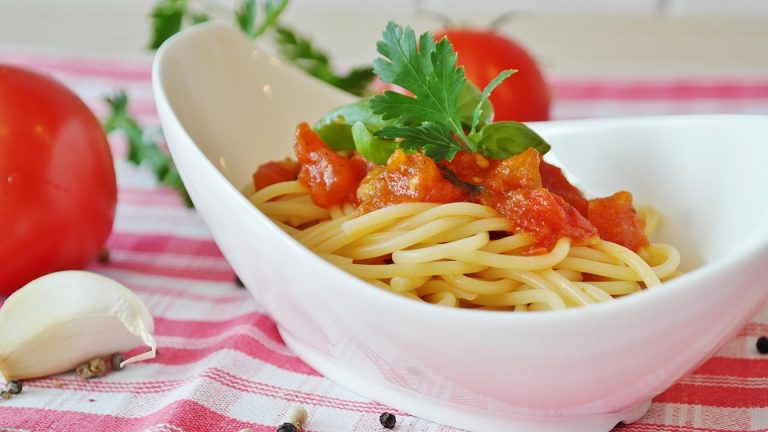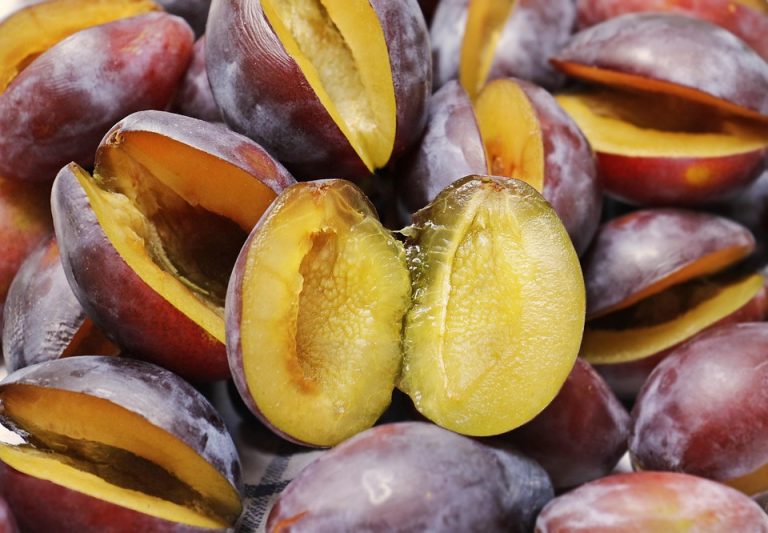Oily poop isn’t just something you notice once and forget about—it lingers in your mind long after you flush. And here’s the truth: your stool tells a story. When it’s shiny, slick, or floats with an oil sheen, that’s your body waving a red flag.
Let’s talk about what’s really going on behind the scenes in your gut, and why ignoring oily poop might mean missing a critical cue from your health.
Contents
- What Is Oily Poop—and Why Should You Care?
- 1. Malabsorption of Fats
- 2. Gallbladder Dysfunction
- 3. Pancreatic Insufficiency
- 4. Liver Disease
- 5. High-Fat Diets and Keto Overload
- 6. Medications That Affect Fat Absorption
- 7. Intestinal Infections and Parasites
- How to Tell if You Have Oily Poop: Signs and Symptoms
- When to See a Doctor
- Natural Ways to Support Digestive Health
- Bottom Line
- FAQs About Oily Poop
What Is Oily Poop—and Why Should You Care?
Oily poop—also called steatorrhea—refers to bowel movements that appear greasy, shiny, or fatty. They often float, smell foul, and can leave an oily film in the toilet bowl. As awkward as it is to talk about, it’s important to face this head-on. Because it’s not just a “weird thing”—it’s your body shouting for help.
This isn’t about shame. This is about knowing. Understanding your stool is understanding your digestion, your liver, your pancreas, and your nutrition. And if your poop is oily, there’s something deeper going on.
1. Malabsorption of Fats
When your body can’t properly absorb dietary fat, that fat gets flushed straight out—making your poop look oily. Normally, fats are broken down in the small intestine with the help of enzymes and bile. But if something disrupts this process? You end up with oily poop.
Causes of fat malabsorption include:
-
Celiac disease
-
Crohn’s disease
-
Short bowel syndrome
-
Chronic pancreatitis
Quick tip: If your diet is balanced but your stool still looks greasy, it’s time to check your absorption—not your food.
2. Gallbladder Dysfunction
The gallbladder stores bile, which breaks down fats. If bile isn’t flowing correctly—thanks to a gallstone, inflammation, or sluggish bile production—fat goes unprocessed.
This leads straight to—you guessed it—oily poop.
Signs your gallbladder might be involved:
-
Bloating after fatty meals
-
Upper right abdominal pain
-
Nausea or vomiting
Don’t wait for a gallbladder attack. Subtle signs like greasy stools can be early clues.
3. Pancreatic Insufficiency
Your pancreas releases enzymes like lipase to help digest fat. When the pancreas underperforms, fat passes through undigested.
This can result from:
-
Cystic fibrosis
-
Chronic pancreatitis
-
Pancreatic cancer
Oily poop becomes more frequent, lighter in color, and especially foul-smelling. If you’ve lost weight without trying and feel tired all the time, the pancreas could be a hidden culprit.
4. Liver Disease
Your liver makes bile—the digestive fluid critical for breaking down fats. If your liver is compromised, bile production may drop.
Diseases like hepatitis, cirrhosis, or fatty liver can interfere with this function and show up as:
-
Pale, greasy stools
-
Fatigue
-
Jaundice (yellowing of skin or eyes)
Expert tip: Don’t ignore changes in stool color or texture if you have risk factors for liver disease, like alcohol use or high cholesterol.
5. High-Fat Diets and Keto Overload
The ketogenic diet is all the rage—but not everyone’s gut can handle that level of fat intake. If you’ve recently started keto or increased your fat consumption, your body might be adjusting—or protesting.
Signs your diet might be to blame:
-
Frequent oily poop
-
Abdominal cramping
-
Gas and bloating after meals
Try adding healthy fiber sources like chia seeds, avocados, or leafy greens to balance your fat intake.
6. Medications That Affect Fat Absorption
Some drugs are designed to block fat absorption as a way to help with weight loss. Others cause malabsorption as an unintended side effect.
Common culprits:
-
Orlistat (Alli, Xenical)
-
Antibiotics that disrupt gut flora
-
Certain chemotherapy drugs
If your medication aligns with the timeline of your oily poop, talk to your doctor. Don’t stop cold turkey, but don’t stay silent either.
7. Intestinal Infections and Parasites
Some bacteria and parasites interfere with digestion and absorption. Giardia lamblia, for example, is a nasty parasite known to cause fatty, greasy stools along with bloating and cramps.
Warning signs:
-
Sudden onset of oily poop
-
Diarrhea lasting more than a few days
-
Recent travel to developing countries
If your symptoms popped up quickly and don’t go away, get tested. Don’t guess.
How to Tell if You Have Oily Poop: Signs and Symptoms
Let’s break down the most common signs that point to oily poop:
-
Stool that floats and looks greasy
-
Light, clay-colored appearance
-
Strong, foul odor
-
Oily residue on toilet water or paper
-
Increased urgency and frequency
Pay attention. Your body doesn’t whisper when it comes to digestion—it roars.
When to See a Doctor
You don’t need to panic over one odd bathroom visit. But persistent oily poop—especially with symptoms like weight loss, fatigue, or abdominal pain—is worth investigating.
Get medical help if:
-
The issue lasts more than a week
-
You’re losing weight unintentionally
-
There’s blood in your stool
-
You have ongoing stomach pain
Natural Ways to Support Digestive Health
Before things get worse, start supporting your digestion today. These natural strategies may help reduce oily poop and improve nutrient absorption:
1. Add digestive enzymes:
Lipase supplements can assist in breaking down fat—especially helpful if your pancreas is underperforming.
2. Eat bitters before meals:
Foods like arugula, dandelion greens, and lemon stimulate bile production and improve fat digestion.
3. Limit processed fats:
Trans fats and heavily fried foods are hard to digest and increase the risk of malabsorption.
4. Include fermented foods:
Probiotic-rich foods like kimchi, yogurt, and sauerkraut help balance gut bacteria—key for nutrient absorption.
5. Try herbal support:
Milk thistle and turmeric may improve liver function and support bile flow naturally.
Bottom Line
Oily poop isn’t something to ignore—it’s a symptom with a cause. Whether it’s diet, digestion, or a deeper issue, your body is trying to get your attention. And you don’t have to wait until you’re in pain to respond.
Here’s the truth: The road to better gut health often starts in the most unexpected places—like your toilet bowl.
Take the time to notice. Ask the hard questions. And if something feels off, follow that instinct.
FAQs About Oily Poop
What does oily poop look like?
It’s typically shiny, floats in the toilet, has a foul smell, and may leave an oily residue.
Is oily poop dangerous?
It can be. While not always serious, it’s often a sign of fat malabsorption or a bigger issue with your liver, pancreas, or gallbladder.
Can diet cause oily poop?
Absolutely. High-fat diets, especially keto, can overwhelm your digestion and cause temporary greasy stools.
How long should oily poop last?
If it happens more than once or twice in a week—or comes with other symptoms—it’s time to seek help.
You know your body better than anyone. And when it’s sending you a signal, it’s your job to listen.
Get Your FREE Natural Health Guide!
Subscribe now and receive our exclusive ebook packed with natural health tips, practical wellness advice, and easy lifestyle changes, delivered straight to your inbox.






